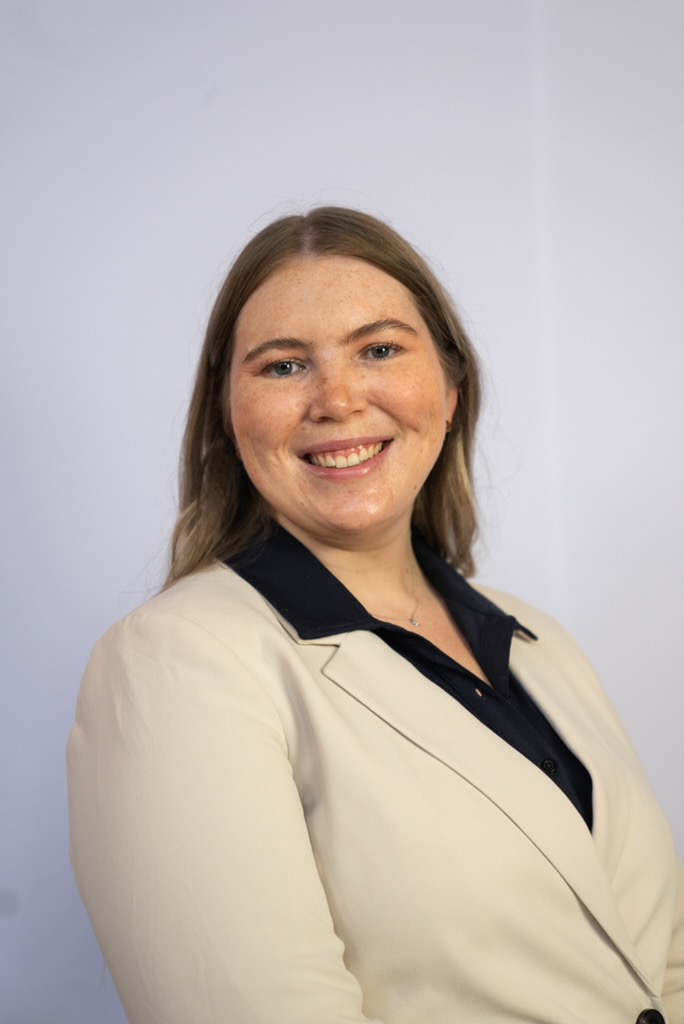Membership
Meet a Member
Megan E. Cull, MSc
Who I Am and What Is My Area of Expertise
I’m a PhD student in Human Toxicology at Queen’s University Canada, working under the supervision of Dr. Louise Winn. My research focuses on developmental toxicology, specifically examining how exposure to environmental contaminants like benzene, a common industrial chemical and known human carcinogen, affects placental development. Understanding how these exposures influence fetal and placental health, as well as long-term childhood outcomes, is critical for improving maternal and perinatal care.
My academic journey began with an MSc in Reproduction and Development at Queen’s, where I studied how placental trophoblast cells respond to stress using transgenic mouse models and stem cell systems. From this, I became passionate about maternal-fetal health research, which led me to expand my expertise into toxicology. Alongside my primary project, I’m also exploring how to improve rodent models for developmental toxicity testing, with a focus on addressing intra-litter variability to enhance their relevance to human health research.
How I Became Interested in This Field
I’ve always been interested in reproductive health, pregnancy, and fetal development. As an undergraduate, I sought out courses in these areas, which led me to pursue graduate research in placenta biology. Broadening my skillset by entering into toxicology for my PhD allowed me to apply my knowledge of reproduction and development to real-world challenges related to toxicant exposures.
Why I Joined BDRP and What It Means to Me
I joined the Society for Birth Defects Research and Prevention (BDRP) because it felt like a natural home for my research and career goals. The society’s mission aligns with my interests in reproductive and developmental toxicology, and its emphasis on mentorship and training excited me.
Attending my first BDRP annual meeting in June 2024 was a wonderful experience. I had the opportunity to present my research, for which I received a poster award, and connect with researchers whose work I admire. That experience inspired me to get more involved, and I now serve on the Student Affairs Committee (SAC), helping to organize student engagement activities and networking events.
Being part of BDRP has given me access to a supportive and intellectually stimulating community. I’m especially excited to continue building connections, presenting my work, and learning from others at the annual meeting.
Hobbies and Interests Outside of my Research
Outside of the lab, I love spending time on creative hobbies like reading, cooking, baking, and crafting. I also enjoy organizing social events and bringing people together, something that’s carried over into my academic life.
One of the initiatives I’m most proud of is co-founding Queen’s University Biotech Innovation & Consulting (QUBIC), a student-led group designed to help graduate students bridge the gap between academia and industry. Many students struggle to transition into biotech, pharma, or MedTech careers due to limited professional development opportunities. QUBIC’s Industry Training & Case Study (ITCS) program, our upcoming case competition, aims to fill this gap by offering hands-on experience, networking, and exposure to local life sciences companies. Our goal is to empower students and strengthen Kingston’s role as a life sciences innovation hub.
I also serve as a Graduate Student Representative on the Queen’s University Animal Care Committee (UACC), where I contribute to discussions on ethical practices in animal research. This role has been especially meaningful to me, as it combines my scientific interests with a broader commitment to responsible research and animal welfare. It's given me insight into the oversight and ethical considerations that support rigorous, humane science, which is something I carry with me in my own work.
Top Tip for Succeeding as a Birth Defects Researcher
If I could offer one piece of advice, it would be this: success in this field is built on collaboration and communication. I firmly believe in a team-oriented approach to science. When one of us succeeds, we all succeed. I’ve been lucky to work in a lab culture that values mentorship, shared knowledge, and mutual respect, and I think that makes a huge difference in both productivity and personal growth.
Strong communication is also essential. Whether it’s presenting your research, writing clearly, or advocating for your needs with your supervisor or team, being able to express yourself effectively is a key part of succeeding in science. It’s something I continue to work on every day, and something BDRP has helped me grow in through its focus on professional development and knowledge exchange.
What does it mean to you to be involved in BDRP?
BDRP has helped me grow in so many of these areas, including scientifically, professionally, and personally. I’m excited to continue contributing to the field and to the BDRP community, and I’m especially grateful for the opportunity to be featured here.

